- Introduction
- Understanding Grief
- People Grieve Differently
- The Brain Fog of Grief
- The Vocabulary of Grief
- Grievers Don’t Need to be Fixed
- Misconceptions About Grief
- There Are No Orderly and Predictable Stages In Grief
- When Caring People Say Dumb Things When You’re Grieving
- What to Say to Others When You’re Grieving
- The Impact of Who you Lost and How you Lost Them
- Heavy Grief Days
- The Grief Letter
- Ways to Remember Them
- Permissions for Grievers
- Creating Bright Spots in the Midst of Grief
- Why Are Many Grievers Not Comfortable Crying In Front of Others?
- Why Grievers Don’t Need to Be Strong
- Do I Just Need Time to Heal From Grief?
- Why Do Grieving People Get the Message They Shouldn’t Be Sad?
- Is Staying Busy Good for Grief?
- The Isolation of Grief
- Can You Fill the Void Left by the Death of Loved One?
- How Long Does the Pain of Grief Last?
- How Do You Get Over Grief?
- I Don’t Want to Forget My Loved One Who Died
- Relationships Change After Loss
- Why Don’t Friends and Family Understand Your Grief?
- How to Tell Others What You Need in Your Grief
- Grief Can Cause You to Re-evaluate Relationships
- I Lost My Spouse and My Friends
- All the Phases in the Grief Journey
- I’m Grieving and Just Barely Surviving
- Why Do I Feel Like I Am Just Existing in My Grief?
- When Will I Be Ready for Grief Counseling?
- Can You Heal Your Grief?
- Living Again After Losing a Loved One
- How Grief Affects Mental Health
- Grief & Depression
- How Trauma Affects Your Grief
- Co-Dependency and Grief
- Should I take medication for my grief?
- The Uniqueness of Grieving A Suicide
- Suicide Shock: I Can’t Believe They Did It
- Feeling Blame and Shame After a Suicide
- The Abandonment of Suicide
- The Stigma of Suicide
- Interview with widow who lost two husbands by suicide
- Losing Your Husband to Suicide
- What To Do With Your Loved One’s Belongings After They Die
- No Cost Financial Coaching & Planning for Widows: Chris Bentley
- Hope When Shattered By Grief
- Answers to Your Questions About Grief
- Introduction
- Is Being Angry at God a Sin After My Loved One Died?
- Where Did My Peace, Joy and Gratitude Go after I lost my loved one?
- Can Grief and Hope Co-Exist?
- Why Does God Heal Some People But Not Others?
- Is Suicide an Unforgivable Sin?
- Why Do I Dislike Platitudes and Bible Verses?
- Why Did God Let My Loved One Die?
Foundations Of Grief
14 Episodes
All Series
-
Foundations Of Grief
14 Episodes -
Misconceptions About Grief
12 Episodes -
Relationships After Loss
5 Episodes -
The Grief Journey
6 Episodes -
Grief & Mental Health
5 Episodes -
Grieving A Suicide
6 Episodes -
Conversations On Grief
4 Episodes -
Grief Talks
1 Episodes -
Questions Grieving Christians Ask
8 Episodes
Foundations Of Grief
14 Episodes
Episodes in This Series
-
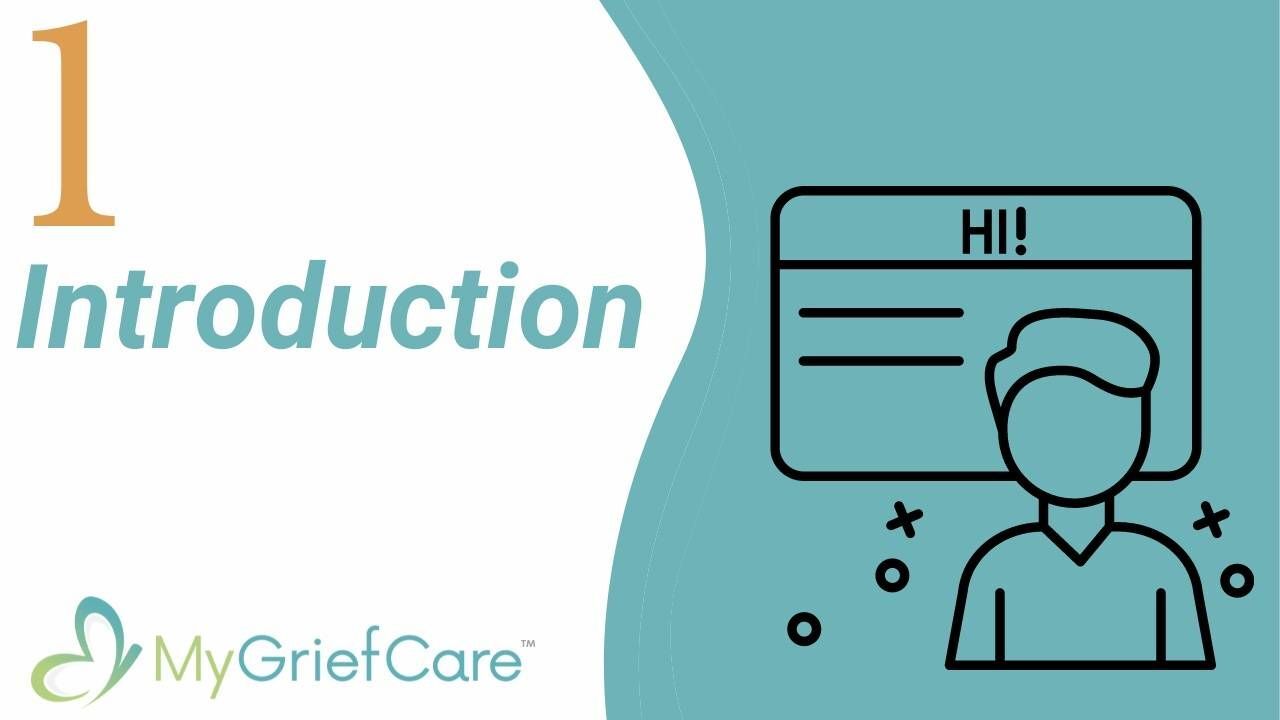
Introduction
-
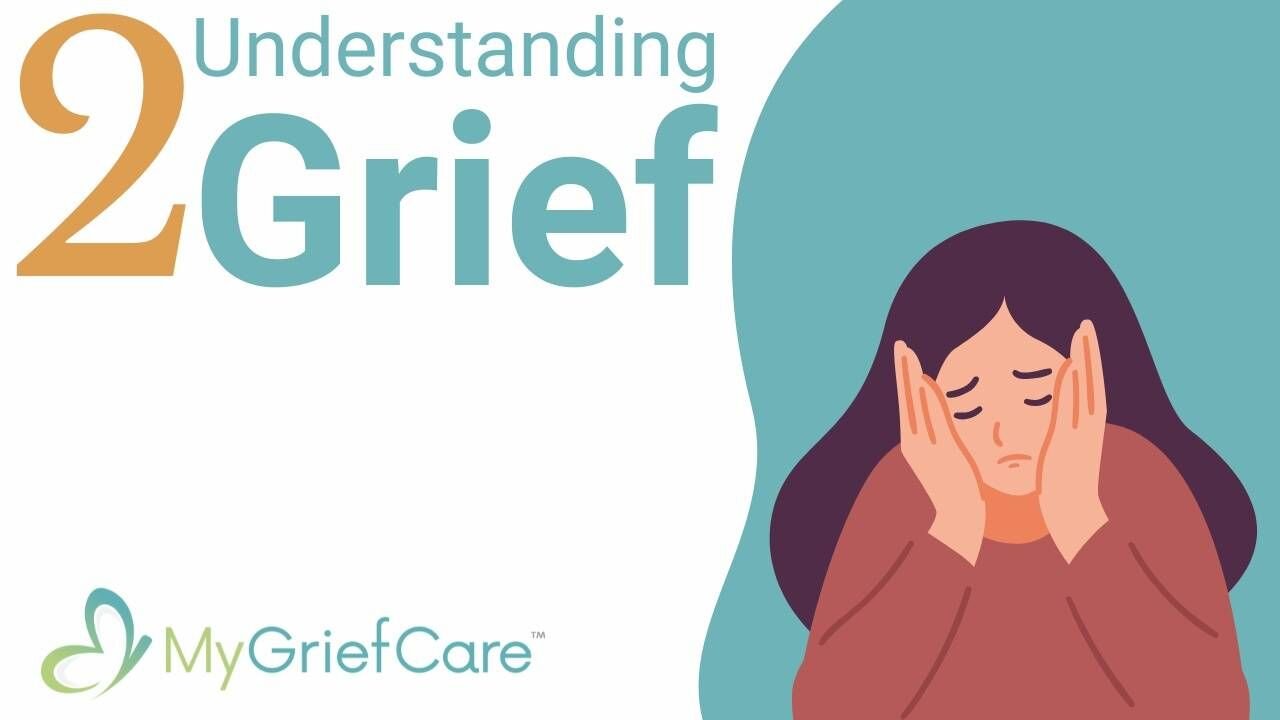
Understanding Grief
-
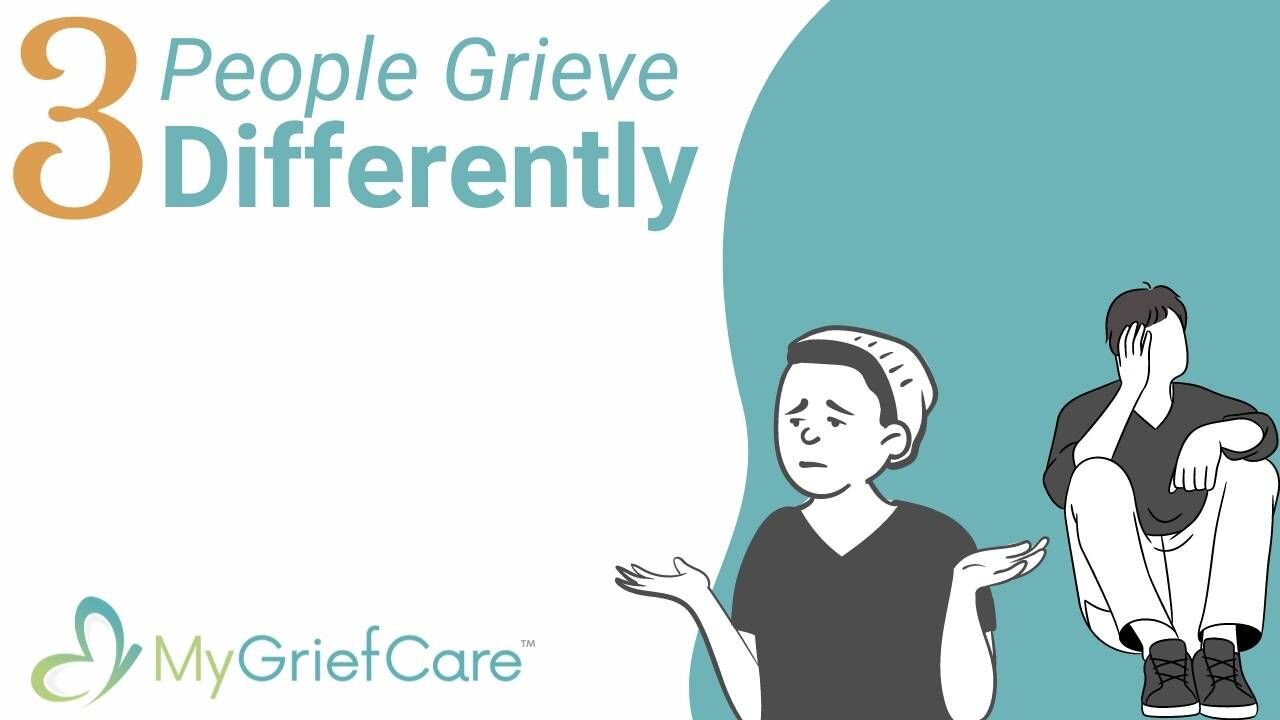
People Grieve Differently
-
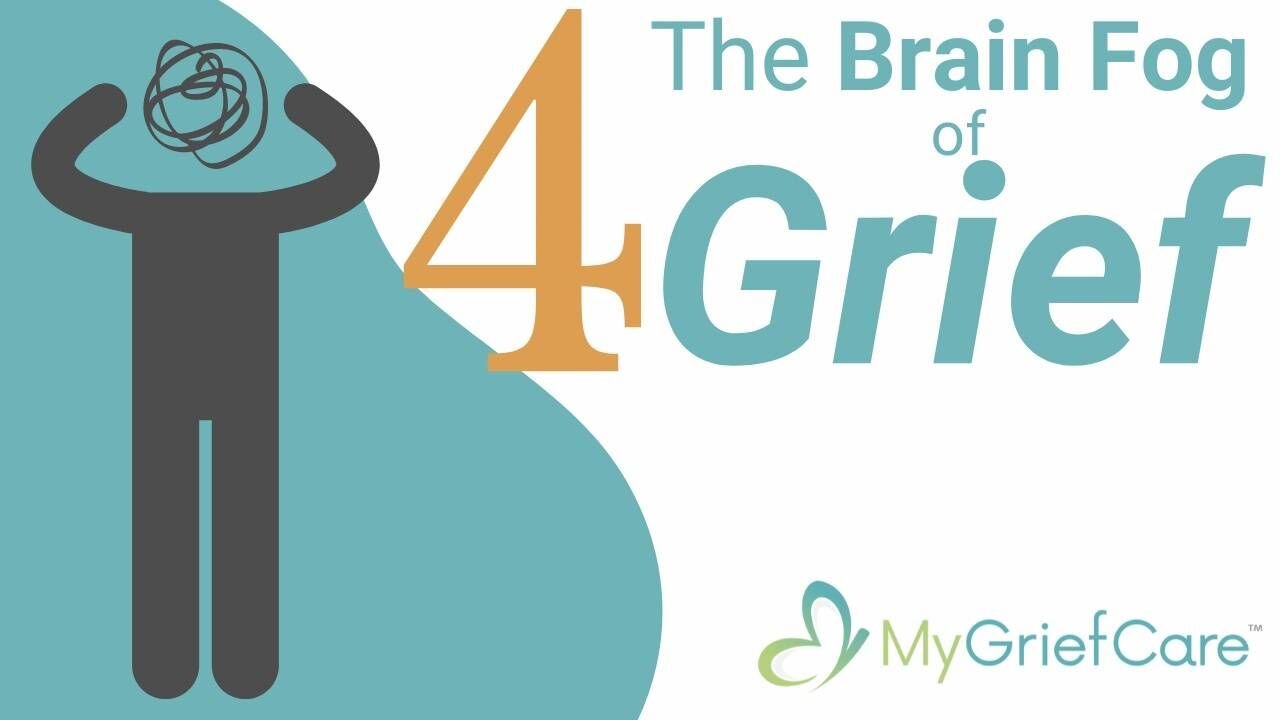
The Brain Fog of Grief
-
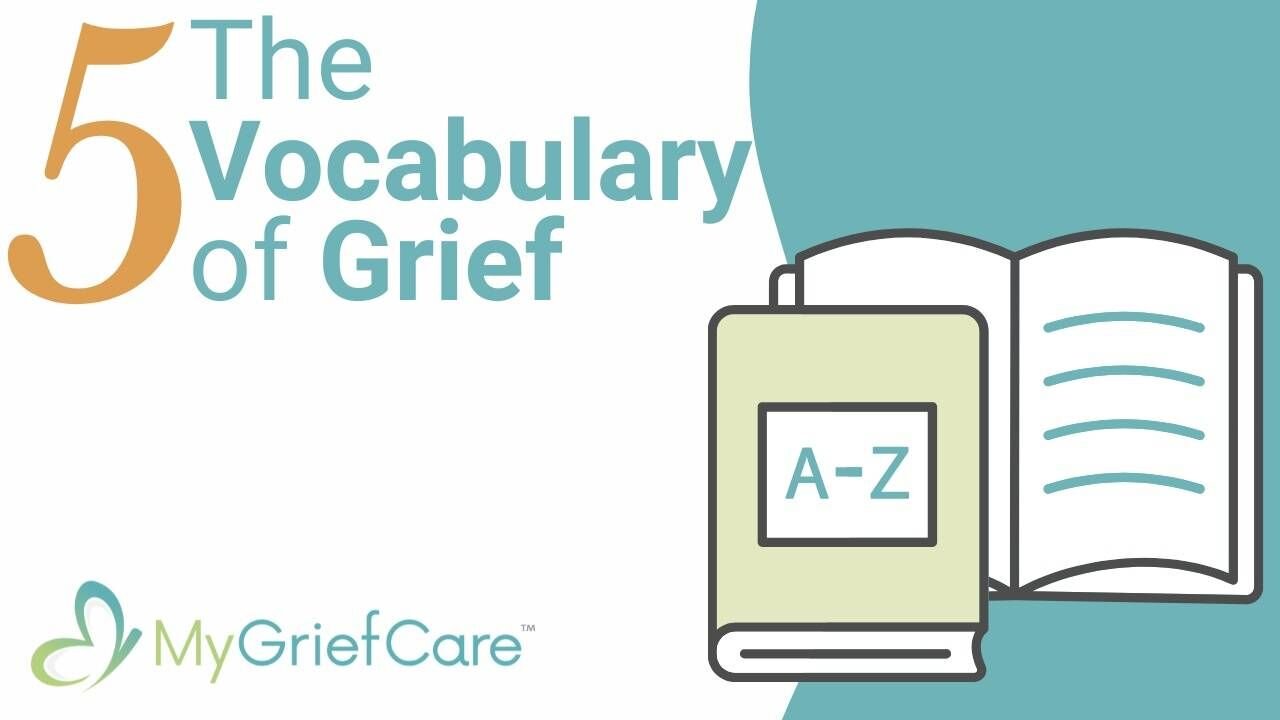
The Vocabulary of Grief
-
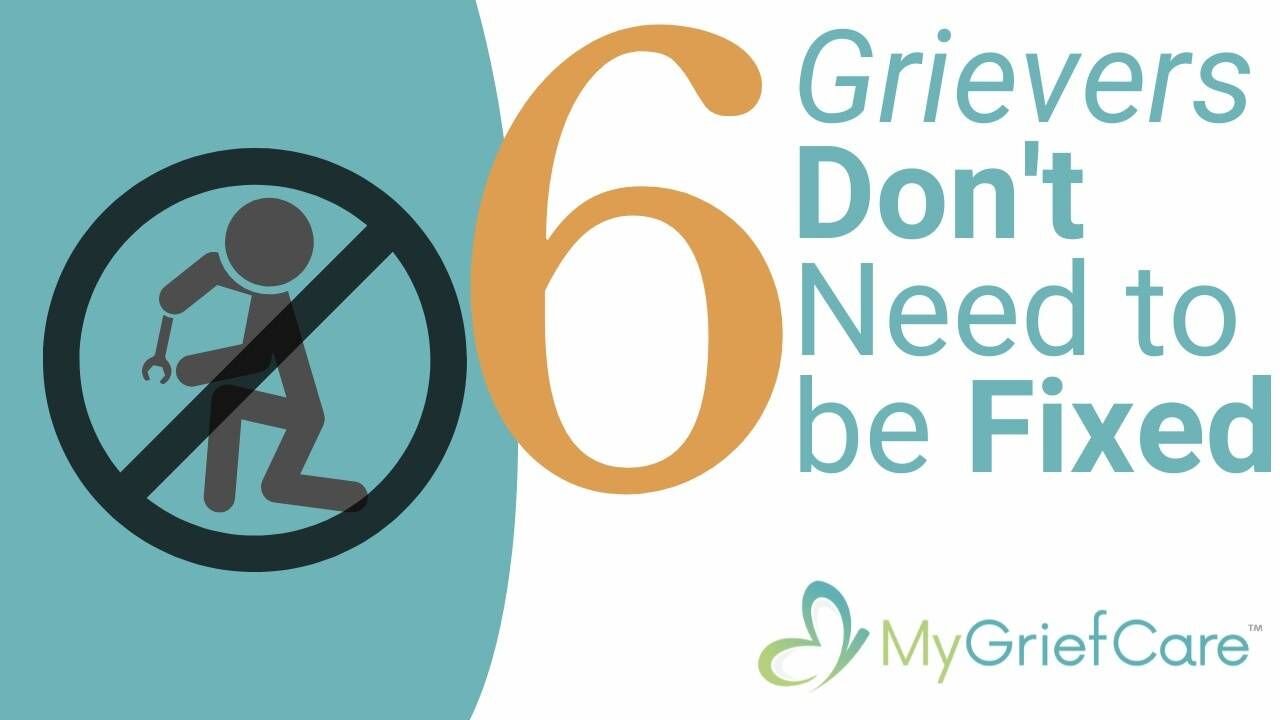
Grievers Don’t Need to be Fixed
-
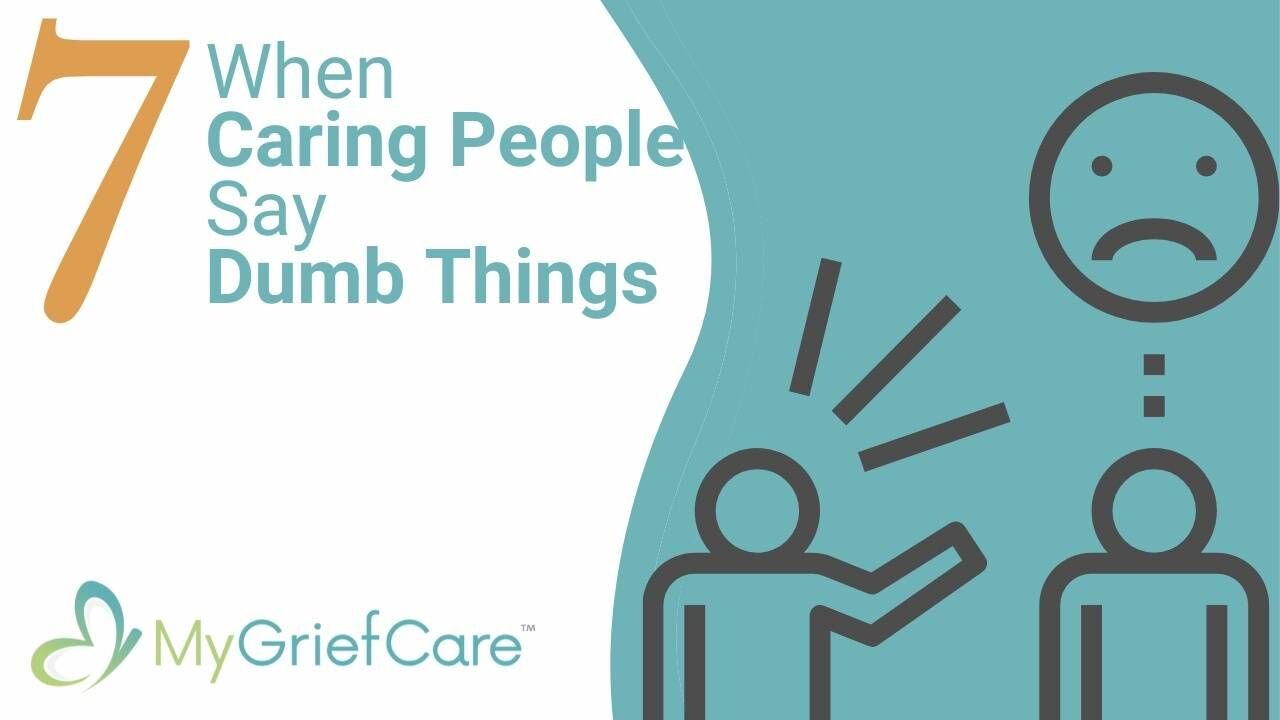
When Caring People Say Dumb Things When You’re Grieving
-
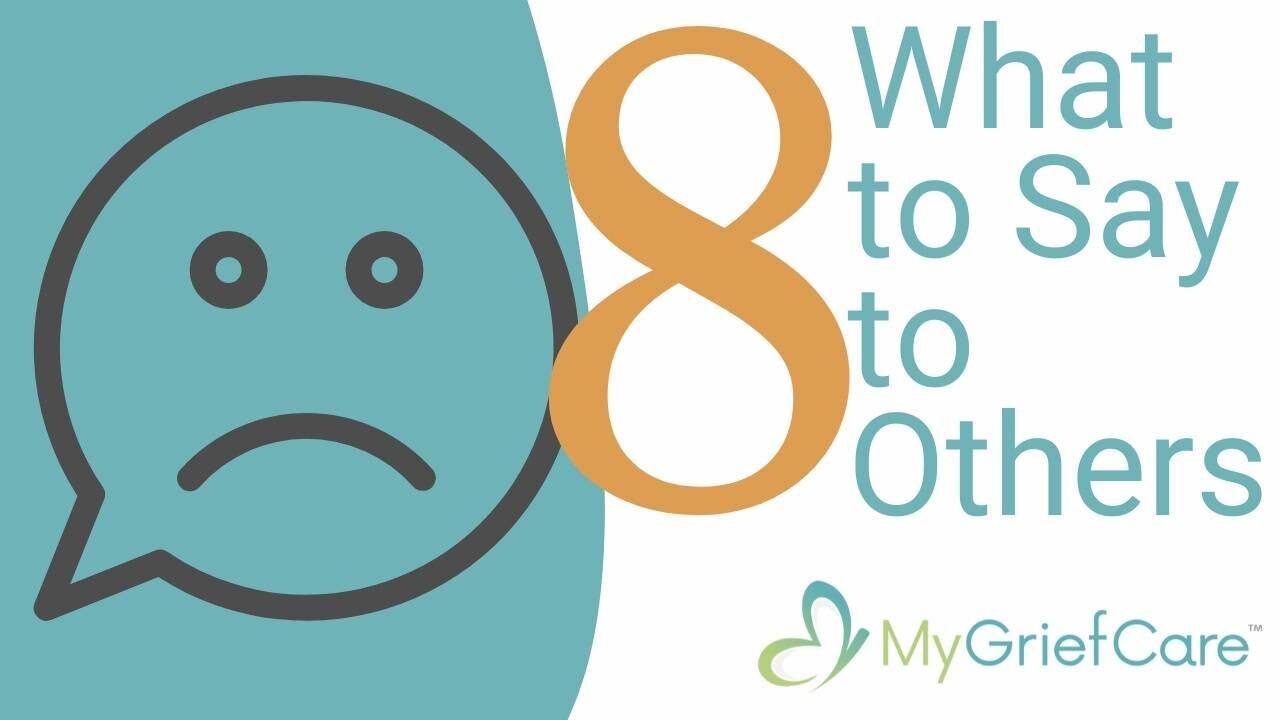
What to Say to Others When You’re Grieving
-
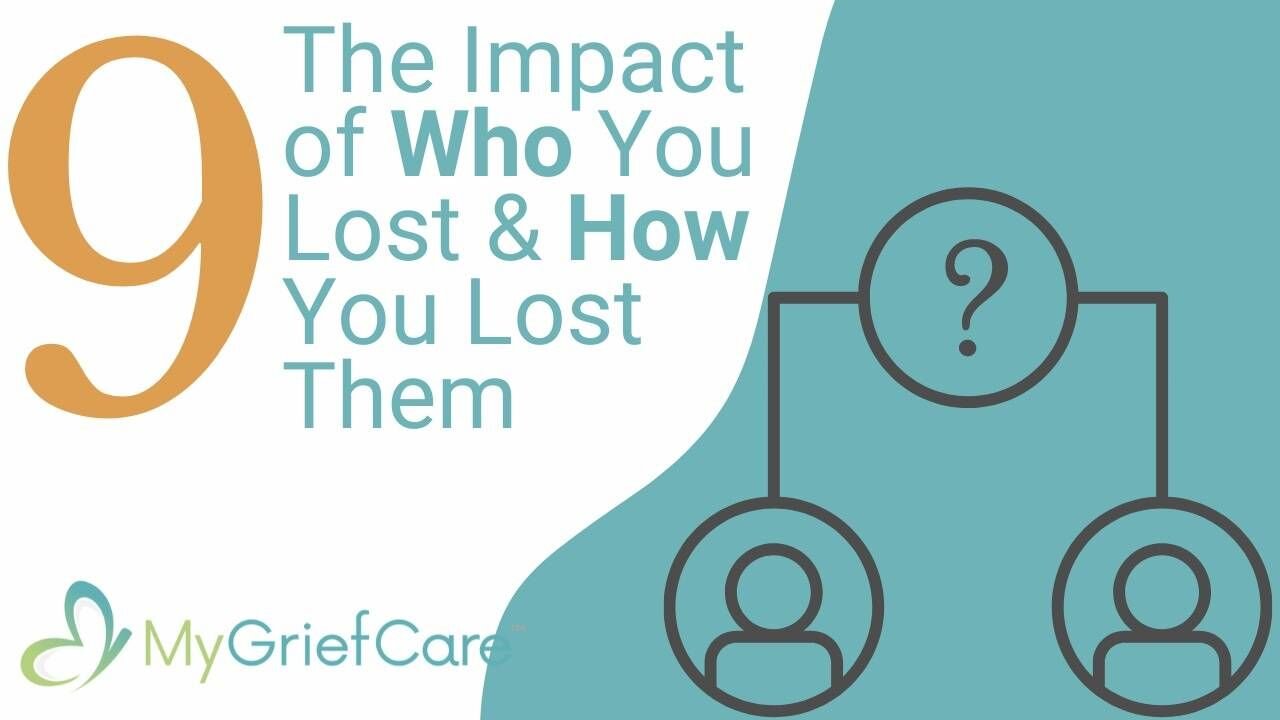
The Impact of Who you Lost and How you Lost Them
-
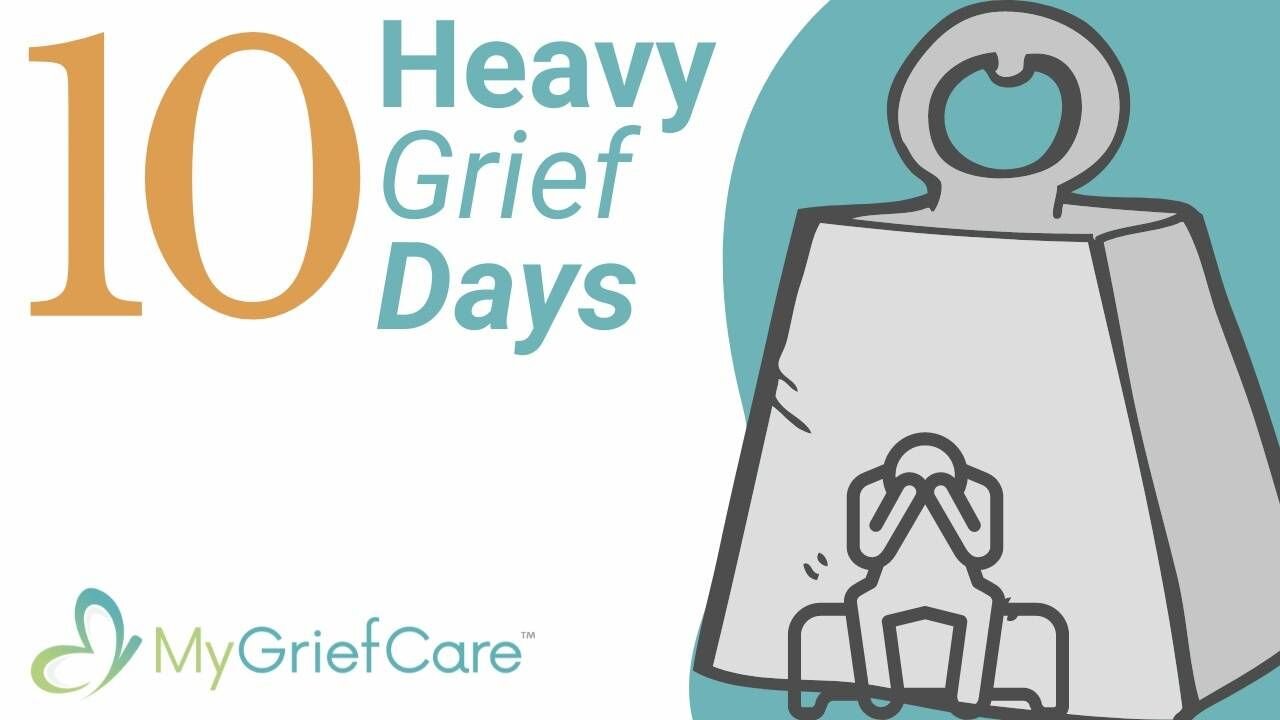
Heavy Grief Days
-
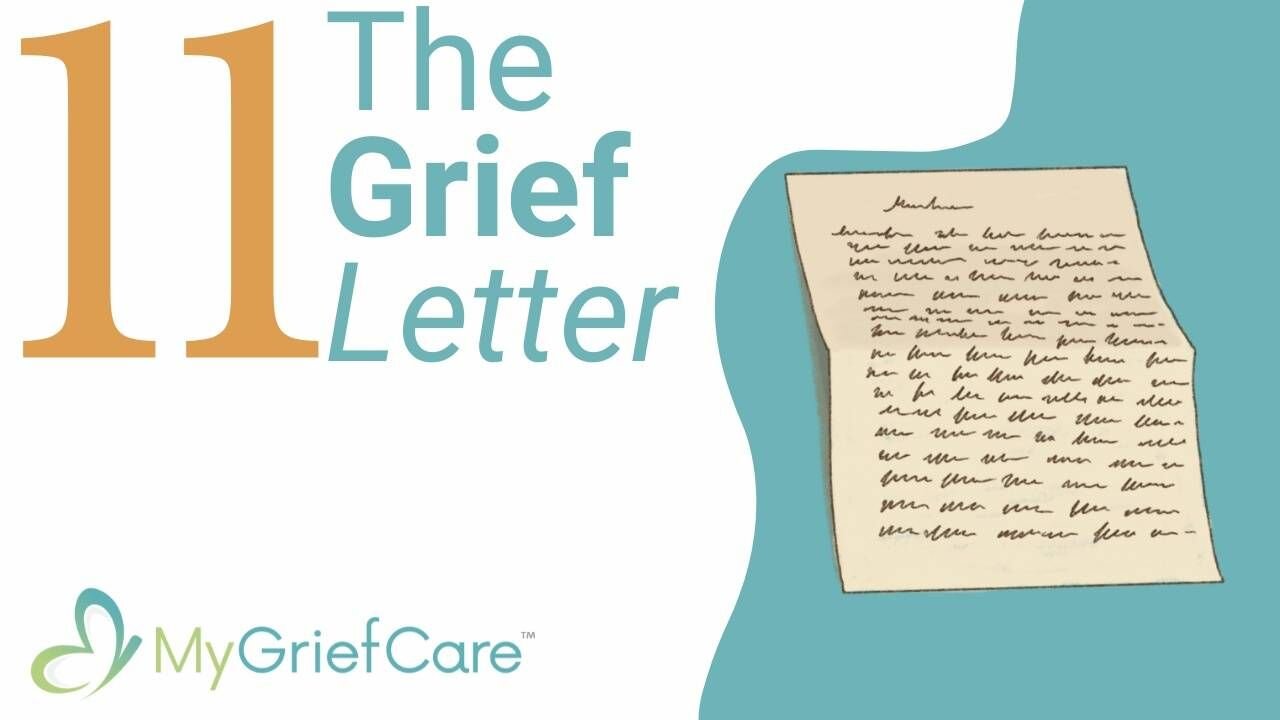
The Grief Letter
-
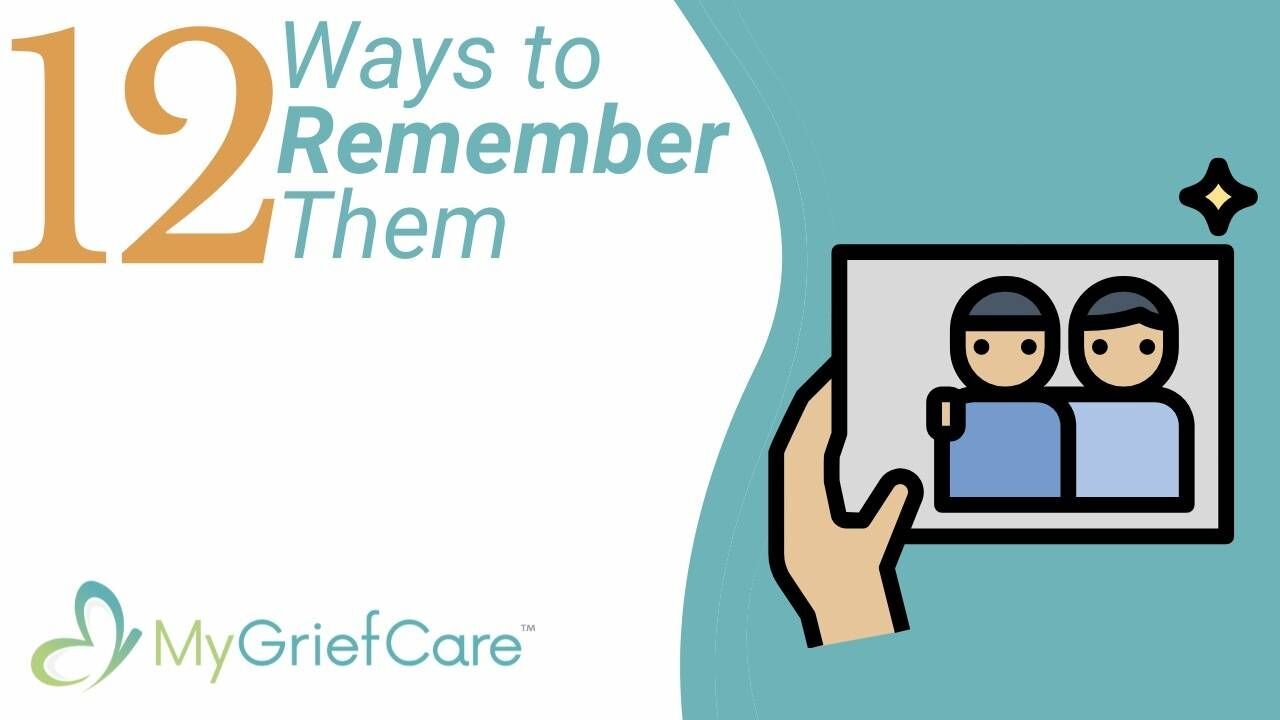
Ways to Remember Them
-
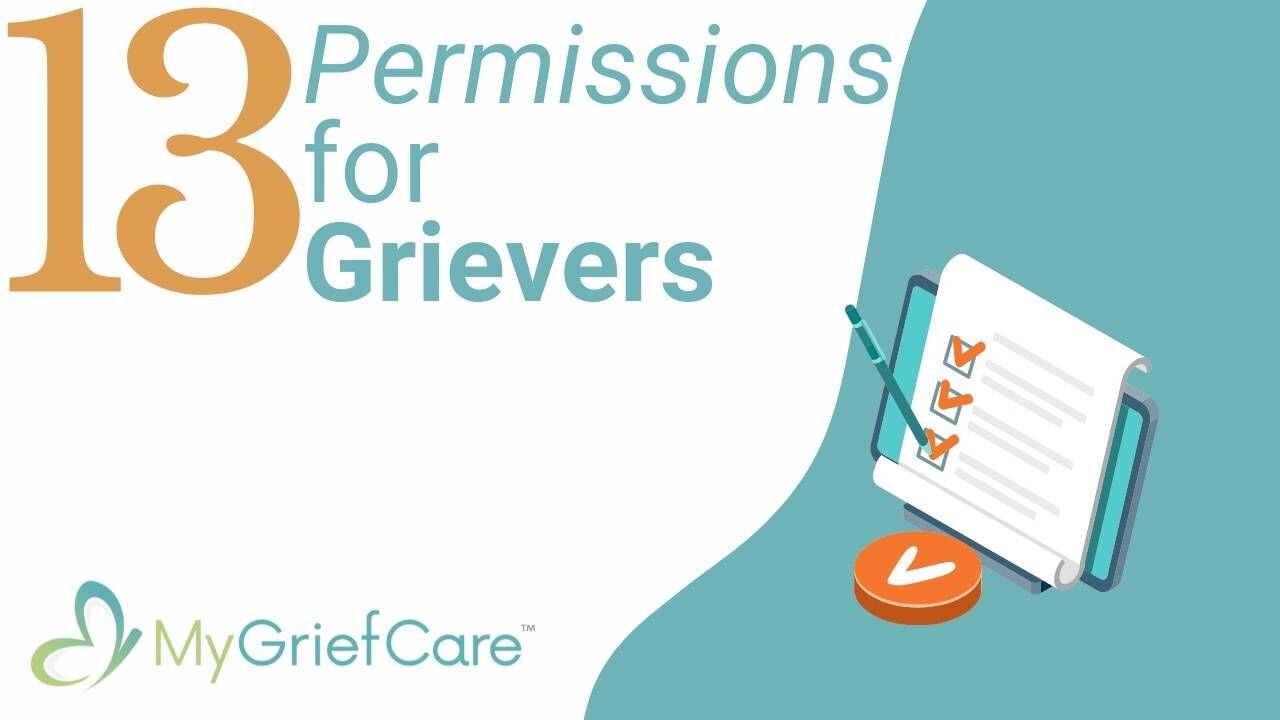
Permissions for Grievers
-
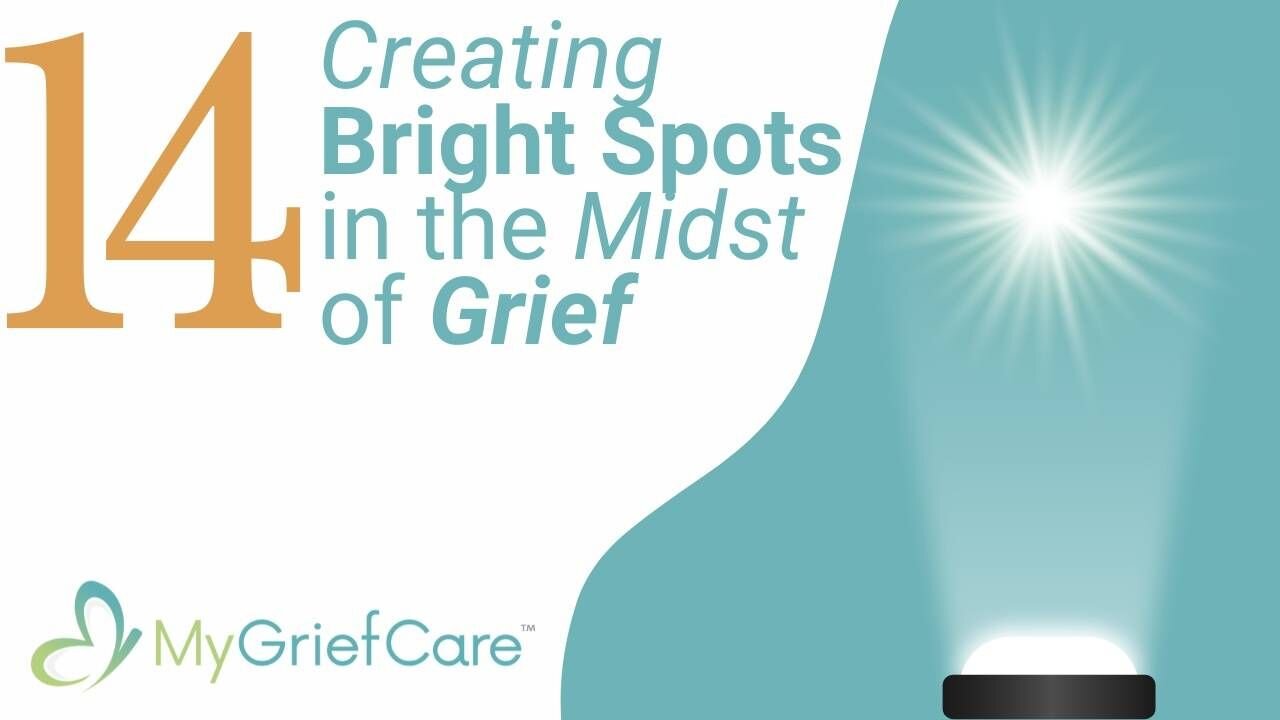
Creating Bright Spots in the Midst of Grief
Episode 2 : Understanding Grief
Downloads
Episode NotesUnderstanding Grief
If you’ve recently suffered the devastating loss of someone dear to you, there are things we think are vital for you to know right away.
Grief and loss are misunderstood in our society. They seem to be taboo subjects. We often talk to grievers shortly after a loss to help them make sense of what is happening, as they feel ill-equipped and often their friends and family members do as well.
So let’s begin with understanding precisely what grief and loss are:
Though most people see loss as someone dying, a loss is experienced when we have any negative change or circumstance in our life, or a familiar pattern of behavior ends. So, we know death is a loss, but so is divorce, a broken relationship, moving, abuse, and so much more. If we suffered other significant life losses before this recent one, they could impact how we respond to this one, and the impact this one has on us can be more powerful, as grief can be cumulative.
So what is grief? Grief is the NORMAL and NATURAL reaction to any loss in our life. The keywords here are normal and natural. That does not minimize its difficulty, but we tell you this to assure you that you are not crazy or weak and don’t need to be fixed.
Whatever you are going through and feeling is normal, even though it can be hard, scary, and confusing. And guess what? No two people grieve the same way. It is unique to the individual, even if they experience the same loss. Often people judge others’ reactions because they don’t think they are grieving correctly. THERE IS NO RIGHT WAY TO GRIEVE. One person may be outwardly emotional, and one person may be closed and isolated. One way is not better than the other, so do not compare or judge.
How Grief Affects You:
- A rollercoaster of emotions
- A sense of numbness
- Inability to sleep
- Fatigue
- Loss of appetite
- Body aches and pains
- Reduced concentration
- Lose your zest for life
Let’s look at how grief impacts all of you. It gets you emotionally, mentally, physically, and spiritually.
It is a rollercoaster of emotional energy – up and down or in and out of feelings – and it is draining. Most of us could not have imagined what grief was really like before experiencing it for ourselves. It’s much worse than you think it will be, and it is challenging to explain to people. You may experience a sense of numbness, inability to sleep, fatigue, loss of appetite, aches, or pains.
You may be experiencing reduced concentration, forgetfulness, and confusion (this is a big one). We can feel like we are losing our minds. We hear others talking, but it makes no sense. We misplace things; we can’t perform simple arithmetic. Grief sucks your brain cells out, and I am always telling people about the brain fog of grief. It is an actual condition. We have a whole episode on this.
You may have lost your zest for life – grievers might not want to take their own life, but they can lose their desire to go on. After my wife died, there were times when I went to bed. I thought I would be just fine if I never woke up again. This is a normal reaction, even if there are other wonderful things in their life to live for.
One of the most helpful things we can tell you right now is to lower your expectations of yourself. This is important. As mentioned earlier, your whole body and mind are impacted by your grief. You are not running on all cylinders right now. You cannot do what you used to be able to do. And if you try to accomplish all you could before, you will be frustrated and disappointed. We go into greater detail about this in another episode, but you need to know that you must lower your expectations and give yourself grace.
You know who else you will probably need to give grace to and lower your expectations for – your friends and possibly family.
Lower your expectations of friends and family. We often find that those we thought would be there for us aren’t, and those we didn’t expect to be there are. It’s easy for us to be hurt or upset about this, but I’d like to help explain what is often going on. In most cases, it is not that they don’t care. It’s usually because they have no idea what to do and are uncomfortable, so they do nothing. The other reason is that they just don’t know. We have an episode where we help you tell them what you need, so please check it out.
But the point is, you are probably going to be let down by others, so lower your expectations and give them grace too. One of the things that helped me when I felt let down after Mark died was remembering how I responded to my friends who had lost loved ones before his death. I looked back and was horrified at all the ways I wasn’t there and how I judged their grief. It made me a lot more understanding.
And this is also why finding support through grief groups, organizations, and books can be crucial. We have a list of resources for you when you are ready. Check out our resource pages to find support.
What’s the cure for grief? Oh, how I wish we could take a pill, and the suffering would be over. The only cure (if we can use that word) for grief is TO GRIEVE – and it’s hard work! The only way out of suffering is through it. There is no easy way around it. We may try to avoid the pain or get over it as quickly as possible, but it usually doesn’t work that way. We need to find the courage to go through this experience of grief. Learning this is a major key to recovery.
My friend, I have been in the deep pit of grief, and I never thought I would get out of it. The anguish I felt was indescribable to a point where I had no desire to go on. Every part of my being ached. I wouldn’t have taken my own life, but I was just fine if a bus hit me on the way home. I had no idea how to get out of the darkness or if I ever would. Imagining that life could ever be good again seemed impossible. But fast forward to today, and I am living proof that there is life after a devastating loss, and I have watched many heal and learn to live forward while still remembering their loved one. There can be hope and joy in the future. You just can’t imagine it yet, and that’s just fine. Grief is a process that takes time and healthy actions.
Hold on, my friend. Hope is still alive, even if you can’t see it yet. Let’s just get you through this day…or this minute.
Your pain is real. But we are living proof that hope is real, and so is healing.
KEY POINTS:
- Everyone’s grief journey is unique
- We are all impacted physically, mentally, and emotionally after a devastating loss
- We must lower our expectations of ourselves and others
- The only way through grief is to grieve
STEPPING STONES:
- Personal awareness is always the starting point to healing – so Take a moment to consider your current state of mind. Ask yourself – How is grief impacting me physically, emotionally, and mentally right now?
- Where might you need to lower your expectations of yourself or others?
REFLECTION:
YOU DON’T HAVE TO DO THIS ALONE!
That’s what this program is all about — giving you a place of support and encouragement along your journey.
